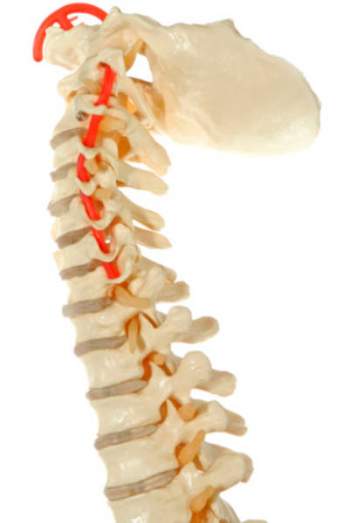
What to Know About Whiplash Injury Settlement?

Whiplash refers to injuries that are caused directly the neck, though in some cases, can also involve the head and back, depending on the severity of the whiplash.
Most whiplash injuries will occur in automobile accidents, though they can often times occur on subways and buses, where the the vehicle will break suddenly causing passengers to be jerked violently due to momentum and inertia. In car accidents, whiplash usually occurs during rear-end collisions. Often times, depending on the situation, there may be grounds for a whiplash injury settlement.
A whiplash injury settlement may be contingent upon a law suit in regards to personal injury, and can often times only be one fact in terms of the total injuries suffered by the whiplash victim. However, a whiplash injury settlement will depend on various factors, particularly on the extent or severity of the whiplash injury.
Those that will experience sufficient damage to the point where acute chronic pain is experienced or causes permanent disability will usually incur the larger rewards or compensation. However, a whiplash injury settlement may often times be hard to prove without the aid of medical evidence that real and sufficient damage was caused by the accident. Furthermore, issues such as subsequent medical costs, wages lost, and future care may also have to be considered during a whiplash injury settlement.
A whiplash injury settlement may often times be a desired outcome in order to avoid a lengthy trial procedure. This may true on the defendant's part, particularly if the damage caused by whiplash is extensive and can be proven in the court of law.
NEXT: Statue of Limitations




















